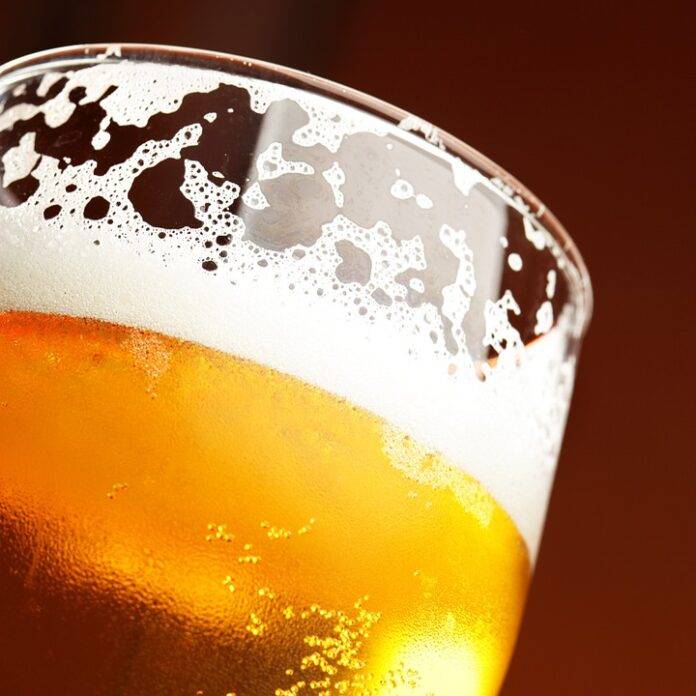Introduction
Water is a crucial ingredient in the brewing process, constituting over 90% of beer’s composition. As such, the quality of water used in brewing directly impacts the taste, aroma, and overall quality of the final product. To ensure consistency and purity, many modern breweries have turned to reverse osmosis and water purification systems. In this report, we will explore why these technologies are common in the brewing industry, backed by financial data, industry insights, and real-world examples.
The Importance of Water Quality in Brewing
Water Composition in Beer
Water plays a significant role in the brewing process, influencing the flavor profile and characteristics of the beer. Different minerals and impurities in water can affect the pH levels, yeast activity, and overall taste of the final product. Therefore, breweries must pay close attention to the quality of water used in brewing to achieve consistency and excellence in their beers.
Impact of Water Quality on Beer
Poor water quality can result in off-flavors, cloudiness, and inconsistencies in the beer. Minerals such as calcium, magnesium, and sulfate can enhance or detract from the flavor profile of the beer. By purifying water through reverse osmosis and other filtration methods, breweries can control the mineral content and ensure a clean, neutral base for brewing.
Reverse Osmosis in Brewing
How Reverse Osmosis Works
Reverse osmosis is a water purification process that uses a semi-permeable membrane to remove impurities, minerals, and contaminants from water. By applying pressure to the water, molecules are forced through the membrane, leaving behind impurities and producing clean, purified water. This method is highly effective at removing dissolved solids, bacteria, and other contaminants that can impact the quality of beer.
Benefits of Reverse Osmosis in Brewing
Reverse osmosis provides breweries with a consistent, high-quality water source for brewing. By stripping away impurities and minerals, brewers can start with a blank canvas and add specific minerals back in as needed to achieve desired flavor profiles. Additionally, reverse osmosis can help breweries meet strict water quality regulations, ensuring compliance and consistency in their products.
Water Purification Systems in the Brewing Industry
Industry Adoption of Water Purification Systems
Many breweries, both large and small, have invested in water purification systems to improve the quality of their beers. By utilizing reverse osmosis, carbon filtration, and other purification methods, breweries can enhance the taste, aroma, and clarity of their products. This investment in water quality reflects a commitment to excellence and consistency in the brewing process.
Financial Considerations
The cost of implementing a water purification system can vary depending on the size of the brewery and the specific technologies used. However, the long-term benefits of improved water quality and consistency can outweigh the initial investment. Breweries that prioritize water quality often see increased customer satisfaction, brand loyalty, and overall profitability.
Real-World Examples
Sierra Nevada Brewing Company
Sierra Nevada Brewing Company, one of the largest craft breweries in the United States, utilizes reverse osmosis and carbon filtration systems to purify their water. By controlling the mineral content and quality of their water, Sierra Nevada ensures a consistent and high-quality product across their diverse beer lineup. This commitment to water quality has contributed to their reputation for excellence in the craft beer industry.
Anheuser-Busch InBev
Even large-scale breweries like Anheuser-Busch InBev recognize the importance of water quality in brewing. With a global presence and a wide range of beer brands, Anheuser-Busch InBev invests in advanced water purification systems to maintain consistency and quality in their products. By prioritizing water quality, they can deliver a superior product to consumers worldwide.
Conclusion
In conclusion, reverse osmosis and water purification systems are common in modern breweries due to their ability to enhance water quality, consistency, and overall beer quality. By investing in these technologies, breweries can control mineral content, remove impurities, and comply with strict water quality standards. This commitment to excellence ultimately results in better-tasting, more consistent beers that resonate with consumers and drive profitability in the competitive brewing industry.




